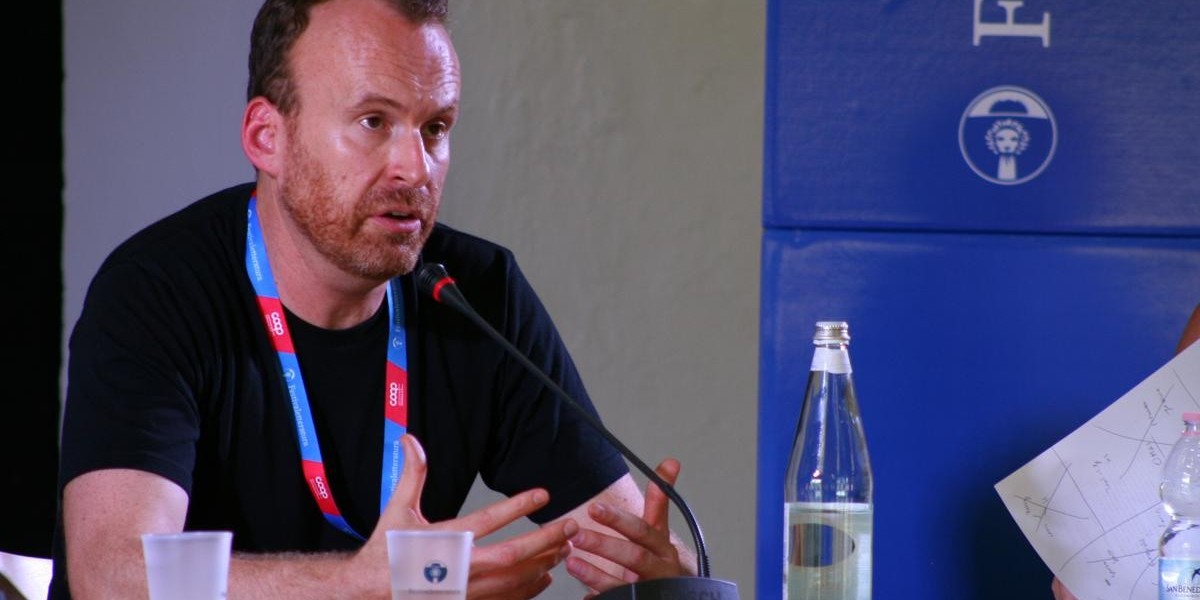
Write like nobody's watching
Speaking from a place of humility and “authentic sentimentality”, Matt Haig took the stage at Festivaletteratura on Thursday afternoon, joined by Peter Florence in the Officina del Gas. They discussed Haig’s new novel, How to Stop Time, in which the protagonist Tom Hazard ages incredibly slowly, living for centuries while the people around him live and die at a typical pace. Thus, he lives for over 400 years, keeping his disease a secret, warned to avoid intimate connections with another person. How does he keep going? Where does he find the strength to keep living?
“I’m just trying to
work out things for myself,” Haig states. Rather than coming from a place of
superior knowledge, he writes instead as an explorer, seeking especially to
come to terms with depression and other mental health issues. How to Stop
Time is a metaphor for the secret burden of mental health, and the
profound, alienating, loneliness that it can bring. In this sense, it is a
continuation of Haig’s previous novel, How to Stay Alive.
Florence observes that “Tom’s reason to stay alive is love,” which Haig confirms. Haig himself has struggled with the issues of depression and suicide, and cites love – both romantic and familial – as his source of survival. Because the novel is speculative fiction, it “allows more emotional bravery” in confronting these sentimentally complex topics. By giving Tom a fantastical disease, Haig is able to open his heart more and really investigate issues such as alienation, depression, guilt, and Otherness in a metaphorical way.
Matt Haig takes the title of his new book from a poem he originally presented in a tweet: “How to stop time: kiss. How to travel in time: read. How to escape time: music. How to feel time: write. How to release time: breathe.” So for all those who have ever felt a complicated relationship with time, who have ever wanted to wanted to stop, travel, escape, feel, or release it: buy this book.
Here's the author's interview with our volunteers:



